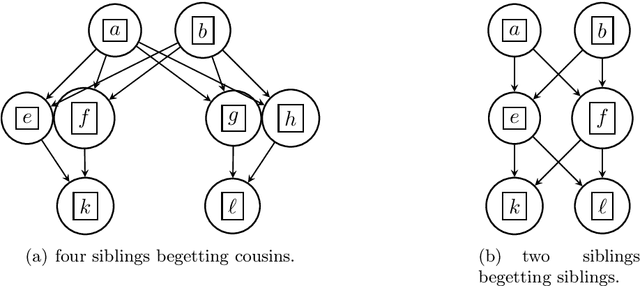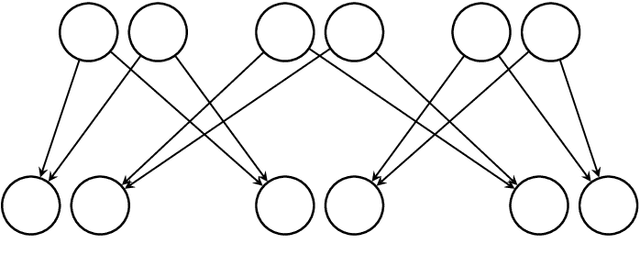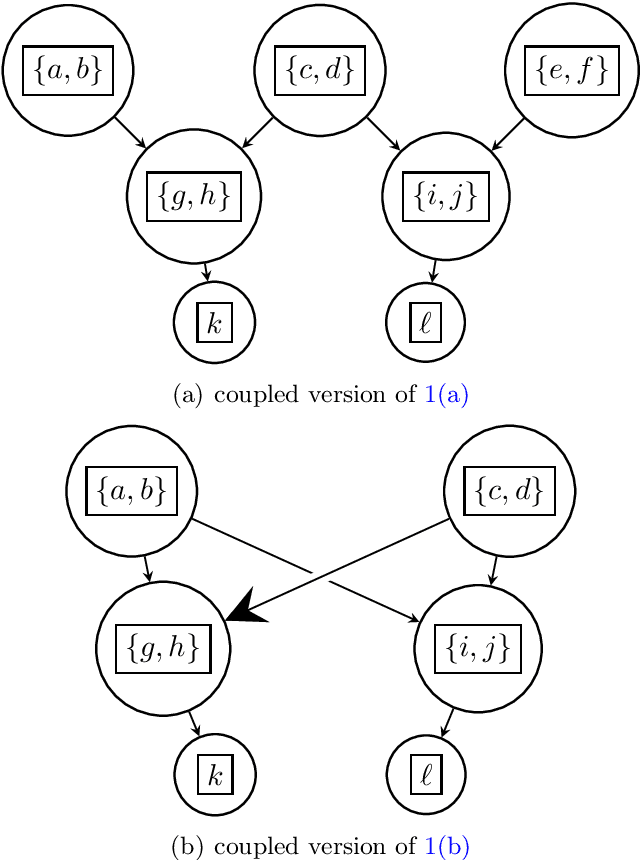Younhun Kim
FRIDAY: Mitigating Unintentional Facial Identity in Deepfake Detectors Guided by Facial Recognizers
Dec 19, 2024Abstract:Previous Deepfake detection methods perform well within their training domains, but their effectiveness diminishes significantly with new synthesis techniques. Recent studies have revealed that detection models often create decision boundaries based on facial identity rather than synthetic artifacts, resulting in poor performance on cross-domain datasets. To address this limitation, we propose Facial Recognition Identity Attenuation (FRIDAY), a novel training method that mitigates facial identity influence using a face recognizer. Specifically, we first train a face recognizer using the same backbone as the Deepfake detector. The recognizer is then frozen and employed during the detector's training to reduce facial identity information. This is achieved by feeding input images into both the recognizer and the detector, and minimizing the similarity of their feature embeddings through our Facial Identity Attenuating loss. This process encourages the detector to generate embeddings distinct from the recognizer, effectively reducing the impact of facial identity. Extensive experiments demonstrate that our approach significantly enhances detection performance on both in-domain and cross-domain datasets.
Efficient Reconstruction of Stochastic Pedigrees
May 08, 2020



Abstract:We introduce a new algorithm called {\sc Rec-Gen} for reconstructing the genealogy or \textit{pedigree} of an extant population purely from its genetic data. We justify our approach by giving a mathematical proof of the effectiveness of {\sc Rec-Gen} when applied to pedigrees from an idealized generative model that replicates some of the features of real-world pedigrees. Our algorithm is iterative and provides an accurate reconstruction of a large fraction of the pedigree while having relatively low \emph{sample complexity}, measured in terms of the length of the genetic sequences of the population. We propose our approach as a prototype for further investigation of the pedigree reconstruction problem toward the goal of applications to real-world examples. As such, our results have some conceptual bearing on the increasingly important issue of genomic privacy.
 Add to Chrome
Add to Chrome Add to Firefox
Add to Firefox Add to Edge
Add to Edge